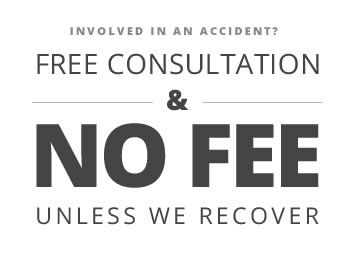Accidents in the workplace are inevitable, which is why states enact workers’ compensation laws providing financial benefits to injured or disabled workers. The Maryland Workers’ Compensation Commission (WCC) oversees the program, which requires employers to procure a type of insurance policy for coverage of employment-related injuries and illnesses. It is not necessary for a worker to prove fault for workplace conditions that cause medical problems because the intent of a workers’ comp program is to get the employee back to health and back to work as soon as reasonably possible. However, benefits do not extend to all types of accidents and all individuals in the workplace. A general review of the complicated regulations and eligibility rules is helpful, but it is wise to consult with a Maryland workers’ compensation lawyer to fully understand your rights.
Coverage for Workplace Accidents
Almost all incidents that occur in the workplace and cause injuries are covered by workers’ comp laws. In addition, a condition that exists in the work environment may be covered if it causes a medical ailment or illnesses to employees. For example, if asbestos or mold is present in the workplace, causing respiratory issues for those that breathe in the toxins, this would likely trigger workers’ comp laws. There are exceptions, such as where the injuries were self-inflicted, where the worker was violating company policies, or if the employee was not actually on the job.
Eligibility for Workers’ Compensation Benefits
In Maryland, employees who receive a W-2 for income tax purposes are covered by workers’ comp insurance. However, some types of workers are excluded from coverage, such as:
- Independent contractors who receive a Form 1099 for income tax purposes;
- Business owners;
- Volunteers;
- Individuals who work in a private home;
- Certain agricultural workers;
- Maritime and railroad employees who are covered by other laws; and,
- Other non-employee workers.
Benefits for Qualifying Workers
Worker’s comp payments cover a range of expenses that you may incur as a result of a workplace accident or condition that causes injuries, including:
- The costs of medical care to treat the injury or illness;
- Lost income for the time you are unable to work due to your injuries;
- Costs for retraining, in the event that you must take on a different position as a result of your injuries;
- Compensation for any permanent disabilities; and,
- Survivor benefits to families of worker killed on the job.
There are two critical factors to note when assessing your benefits as an injured worker:
- Workers’ comp payments do not cover pain and suffering; and,
- You cannot sue your employer if you are collecting workers’ comp benefits.
Consult with a Maryland Workers’ Comp Attorney About Your Benefits
If you have suffered injuries on the job and have questions about your benefits, attorney Michael A. Freedman can help. Our experienced Maryland workers’ comp lawyers will assist you in understanding your rights and will represent your interests in dealing with your employer’s insurance company. We are dedicated to ensuring you obtain all available benefits under the law, so please contact our Baltimore County offices to set up a case evaluation.
See Related Blog Posts:
Workers’ Compensation Hearings in Maryland
The Difference Between Maryland Workers’ Compensation and Negligence Claims


